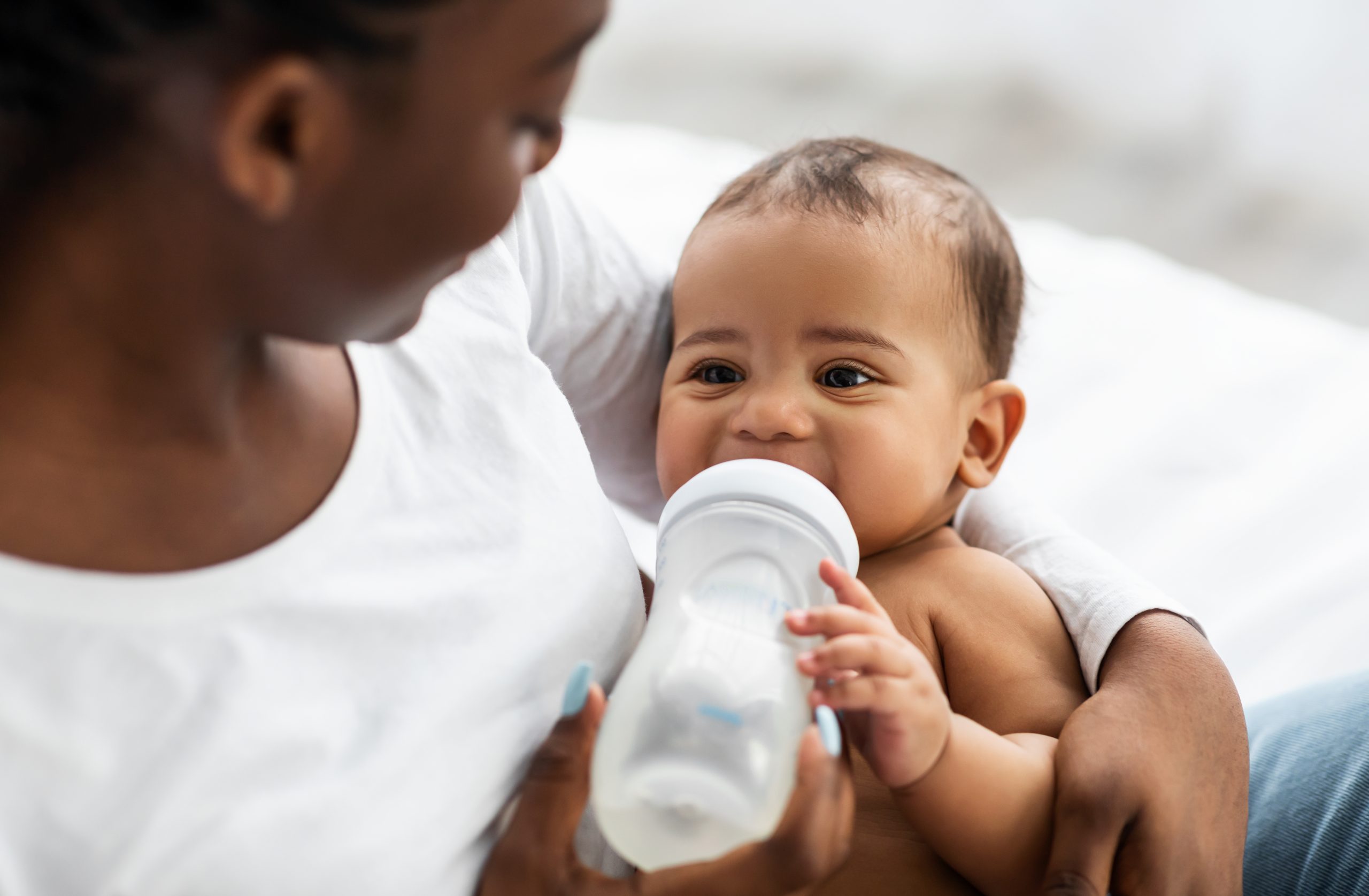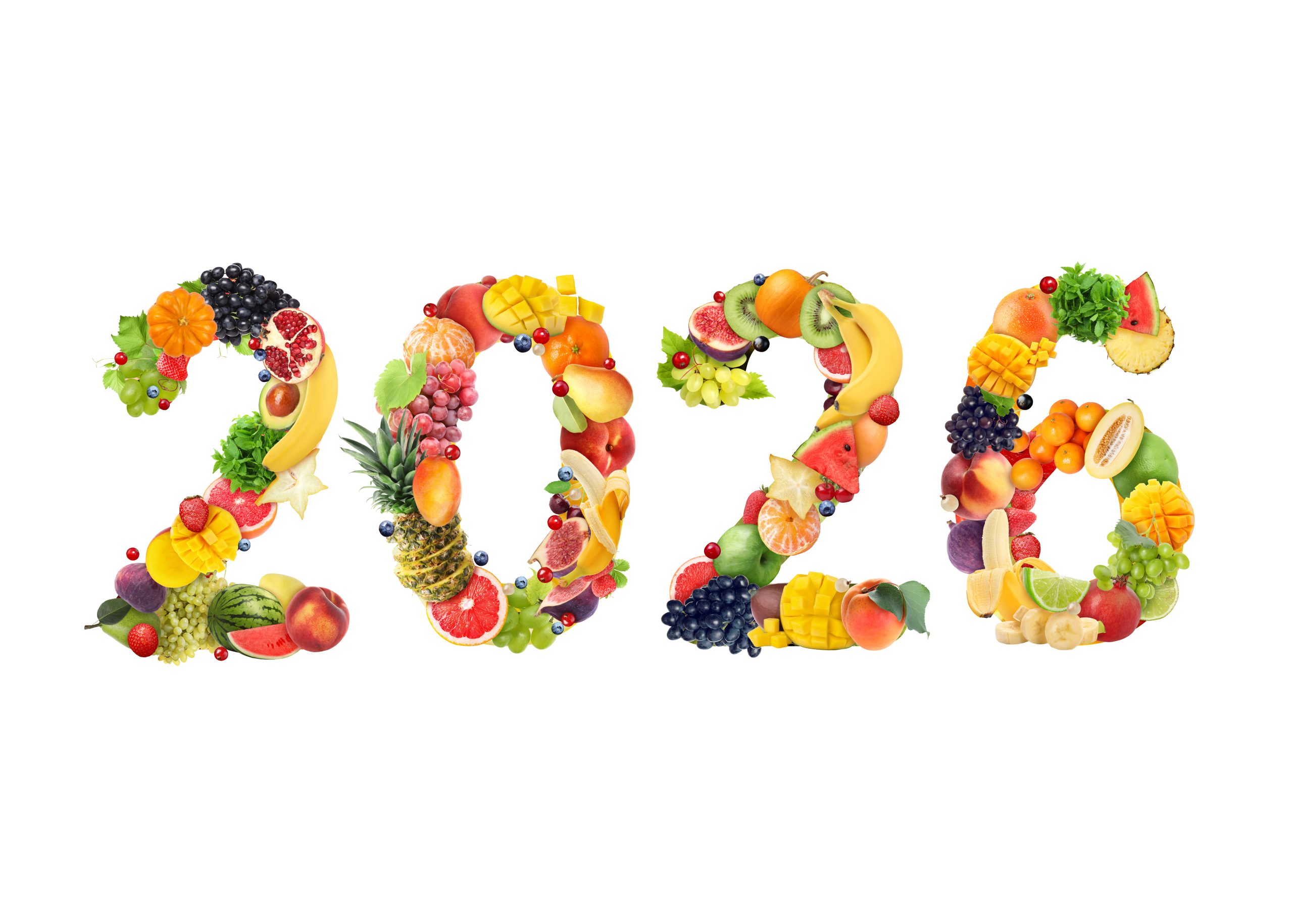Published in JNEB – October Issue
The 50th anniversary year for JNEB is ebbing, but I wanted to also highlight the 50th anniversary for the Expended Food and Nutrition Education program (EFNEP). Since 2000, JNEB has published nearly 80 articles that involved EFNEP. Going back to 1970, there are over 590 articles. Clearly, EFNEP leaders have embraced the scholarship of curricula development and implementation as well as investigated the outcomes associated with this program. The collection can be found at https://www.jneb.org/content/collection_efnep and I encourage you to visit and explore these articles on your own.
However, there are a few I wanted to draw your attention to in particular. The article by Wolfe et al1 published this year demonstrates how EFNEP curricula may be tailored for a special audience, how the program evaluation may be conducted, and how significant outcomes may be expected. Choose Health: Food, Fun, and Fitness is comprised of 6 lessons that include a theory framework. Although it has been adopted by many states, this article reports on the program’s impact. Knowing that a program does and should result in positive, reportable outcomes is a great bonus for practitioners and researchers alike.
Although it has existed for 50 years, those involved with EFNEP consistently try to improve. For instance, Murray et al2 report on the methodology for developing a new food and physical activity questionnaire for the EFNEP audience. Rather than only reporting their results, which will be the validated questionnaire, this group felt strongly that the methods for developing the instrument should be vetted through JNEB’s peer review process. Their thoroughness has not gone unnoticed. Auld et al3 also comment upon, and investigate, the process of using someone else’s evaluation questionnaire for your own target population, and what those ramifications might be. Again, a striking example of the care and rigor of the EFNEP-associated professionals. In some of our earlier EFNEP collection articles, we also see the attention to detail in training the EFNEP staff. Baker et al4 describe the process of developing core competencies for peer educators in a 2009 article.
I could continue to pull articles to highlight, but instead I urge you to peruse the collection. I also urge you to read the Report by Drs Chipman and Kendall for an earlier perspective of EFNEP. In addition to our collection, if you want to see articles earlier than our collection limit of 2000-present, just visit the jneb.org site and type EFNEP into the search term. You will be amazed at the number and quality of articles from which we all can learn.
Happy Anniversary to all our EFNEP collaborators and leaders,
Karen Chapman-Novakofski, PhD, RD
- Wolfe W, Scott-Pierce M, Dollahite J. Choose Health: Food, Fun, and Fitness Youth Curriculum Promotes Positive Behaviors. AiP
- Murray EK, Auld G, Baker SS, Barale K, Franck K, Khan T, Palmer-Keenan D, Walsh J. Methodology for Developing a New EFNEP Food and Physical Activity Behaviors Questionnaire. J Nutr Educ Behav. 2017 Oct;49(9):777-783.e1
- Auld G, Baker S, McGirr K, Osborn KS, Skaff P. Confirming the Reliability and Validity of Others’ Evaluation Tools Before Adopting for Your Programs. J Nutr Educ Behav. 2017 May;49(5):441-450.e1.
- Baker SS, Pearson M, Chipman H. Development of core competencies for paraprofessional nutrition educators who deliver food stamp nutrition education. J Nutr Educ Behav. 2009 Mar-Apr;41(2):138-43.
- Chipman H, Kendall P. 20 Years of EFNEP: Changes and Challenges. JNE 21(6): 265-269, 1989.
This article was published in the Journal of Nutrition Education and Behavior, vol. 50, K. Chapman-Novakofski, Celebrating the Expanded Food and Nutrition Education Program’s Anniversary, Page 855, Copyright Society for Nutrition Education and Behavior (2018). [https://www.jneb.org/article/S1499-4046(18)30748-6/abstract]
continue reading
Related Posts
It’s a Busy Time for Nutrition. What’s Happening A current
The New Year is a time to look ahead…for dietary
SNAP benefits may have resumed but Dr. Marion Nestle assesses




